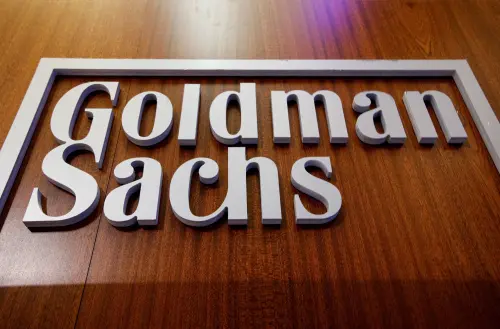On February 21, Goldman Sachs projected that a proposed 10% U.S. oil tariff could translate into a $10 billion annual cost for foreign producers. Canadian and Latin American heavy crudes are still heavily dependent on U.S. refiners due to limited alternative buyers and processing capacities.
President Donald Trump intends to implement a 25% tariff on Mexican crude and a 10% levy on Canadian crude, set to begin in March with a delayed timeline from the original proposal.
Despite these tariffs, Goldman anticipates that the U.S. will remain the primary market for heavy crude due to advanced refining capabilities and cost-effectiveness that position American refiners as the most competitive buyers.
Goldman's analysis suggests that light oil prices would need to increase by 50 cents per barrel to make medium crude from the Middle East more appealing to Asian refiners, given that U.S. Gulf Coast refiners prioritize domestic light crude over imported medium grades.
The forecast includes an annual tariff cost of $22 billion for U.S. consumers, resulting in $20 billion in revenue for the government. Additionally, refiners and traders could potentially benefit by up to $12 billion by connecting discounted U.S. light crude with foreign heavy crude to premium coastal markets, as highlighted by Goldman.
Goldman pointed out that Canada, the leading oil exporter to the U.S., is expected to maintain its daily pipeline exports of 3.8 million barrels, adjusting prices to offset the tariff impact.
Similarly, the 1.2 million barrels per day of seaborne heavy crude imports from Canada, Mexico, Venezuela, and other Latin American countries would likely be discounted to counter the tariff, thus ensuring a continual flow into the United States.
Regarding the impact on trade flows, Goldman underscored that Canadian producers, classified as "captured sellers" with limited alternative markets, could be compelled to absorb a significant portion of the tariff burden by offering price discounts to sustain competitiveness in the U.S. market.
